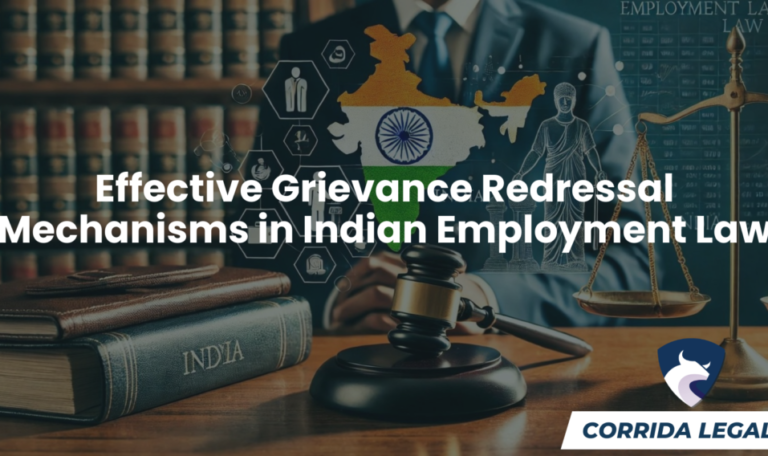This article pertains to Resolving Disputes Arising from Non-Compete Clauses.


This article pertains to Resolving Disputes Arising from Non-Compete Clauses.

This article provides insights on Drafting Effective Non-Compete Clauses.

This article pertains to Non-Compete Clauses in Employment Contracts.

This article pertains to Understanding Non-Compete Clauses in India.

This article pertains to Effective Grievance Redressal Mechanisms in Indian Employment Law.

This article pertains to FAQs on ESOPs.

An e-commerce business refers to a commercial enterprise that operates online, primarily involved in buying and selling products or services over the Internet. The Consumer Protection (E-Commerce) Rules, 2020 (“E-Commerce Rules”) defines an e-commerce entity as an individual or entity that owns, operates, or manages a digital or electronic platform or facility for conducting electronic commerce. However, it does not include a seller who offers their goods or services for sale on a marketplace e-commerce platform.

In India, the regulatory framework for fintech is currently fragmented, lacking a unified set of rules or norms that govern all fintech services. This fragmentation poses challenges in effectively regulating the industry since there is no comprehensive set of fintech laws. The primary regulatory agencies overseeing this sector in India include the Reserve Bank of India (RBI), the Insurance Regulatory and Development Authority of India (IRDAI), the Securities and Exchange Board of India (SEBI), the Ministry of Corporate Affairs (MCA), and the Ministry of Electronics and Information Technology (MEITY)

We are penning this article to give the readers a brief outlook on the potential advantages in respect of the structuring of an investment via compulsorily convertible debentures in comparison to other pure equity instruments.

On May 31, 2023, the Securities and Exchange Board of India (SEBI) cancelled the Certificate of Registration of Karvy Stock Broking Limited (KSBL/ Company). This was a major blow to the Company, one of India’s leading stockbrokers, with over 2 million clients. This article analyses SEBI’s move, the Company’s acts and the laws surrounding the same. Further, it highlights the impact of this decision on investors.